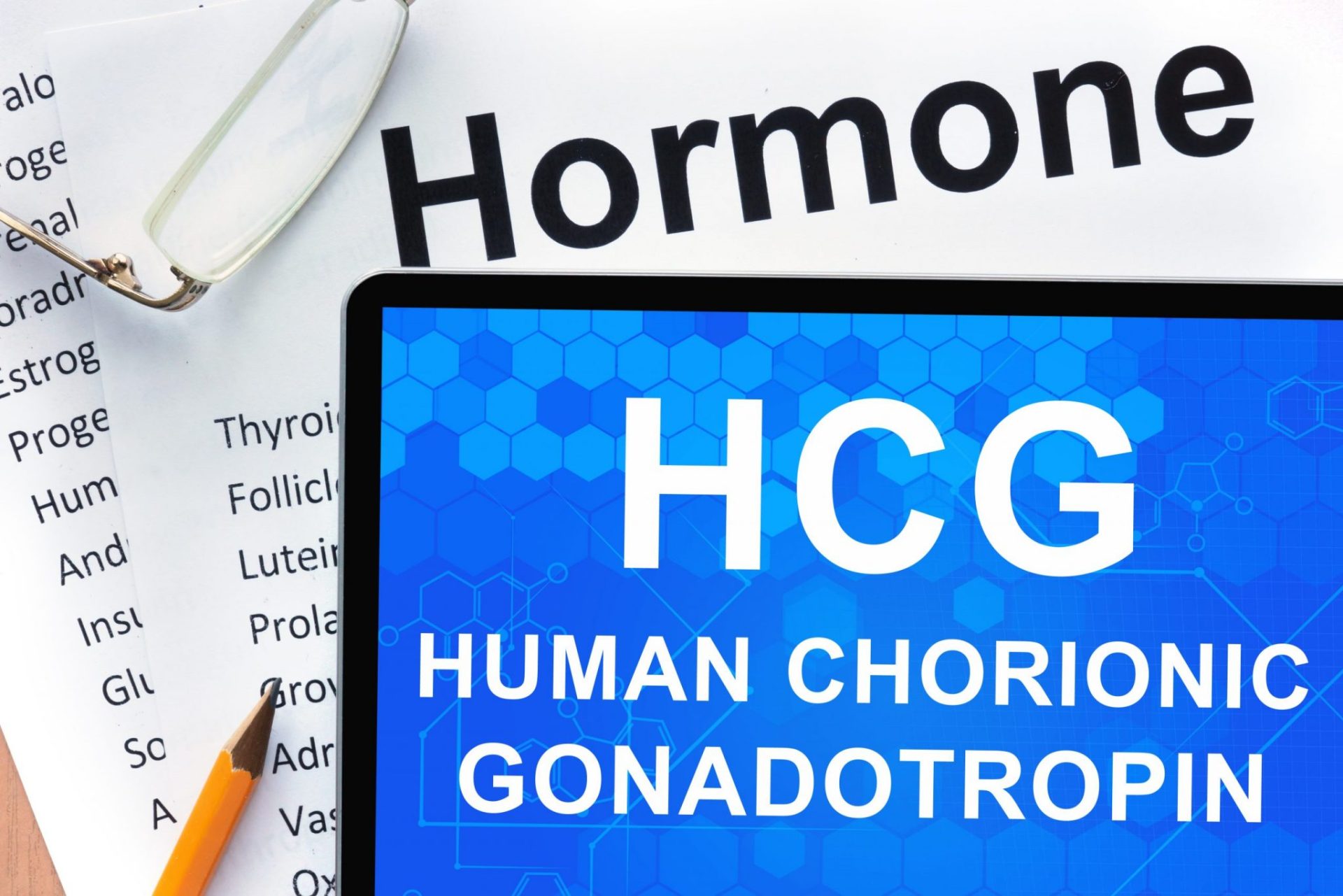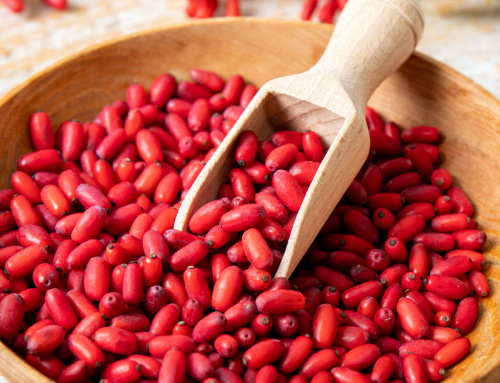HCG & Medical Weight Loss
Human chorionic gonadotropin, or HCG for short, is a hormone present at high levels during pregnancy. HCG is the substance found in the urine of pregnant women that turns the pregnancy test positive. HCG helps to support the growing fetus during pregnancy and it has been thought to help with medical weight loss.
The hormone HCG has been controversial when used for weight loss. In research dating back to the 1950’s, Dr. Albert T. W. Simeons studied pregnant women in India that had calorie-deficient diets. People on low calorie diets usually lose muscle. He reasoned that in a very low calorie environment, HCG acted on the brain to mobilize fat to nourish the developing fetus. His studies at that time showed that hCG combined with a low calorie diet helped increase fat loss and prevented muscle loss. His work also suggested that HCG decreased hunger while on a low caloric diet. A study in the 1960s validated Simeons’ findings while others have shown HCG to be no more effective than placebo for weight loss.
It is interesting that HCG is almost identical to Leuteinizing Hormone (LH). LH is made in the brain of men and women and supports sex hormone production.
HCG Administration
Most medical weight loss doctors that utilize hCG as part of their weight loss programs prefer pharmaceutical hCG by injection.
Some compounding pharmacies produce hCG for oral or sublingual use. The problem with this delivery method is that it only provides absorption through the oral mucosa and absorption through this surface is known to be poor. Therefore many pharmacies have increased the hCG concentration in their pills and oral drops to help match the hCG absorbed into the bloodstream by an injection.
In early 2012 the FDA banned the sale of over-the-counter homeopathic HCG in the US.









Leave A Comment